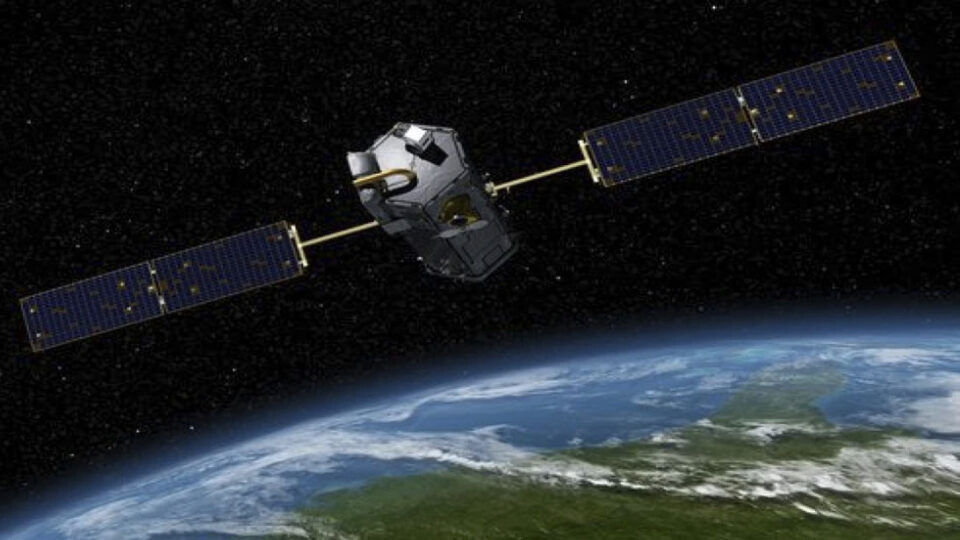Trump Administration Proposes to End Key NASA Missions Tracking Carbon Emissions and Crop Health
In a move that has sparked concern among scientists and environmental experts, the Trump administration’s proposed 2026 federal budget includes plans to defund two critical NASA missions that monitor carbon dioxide emissions and global plant health.
The targeted programs, known as the Orbiting Carbon Observatories (OCO), play a vital role in providing precise, high-resolution data on where carbon dioxide is being released and absorbed around the globe — a crucial metric in understanding climate change and agricultural productivity.
NASA Confirms End of Mission Funding
NASA confirmed in a statement Wednesday that the OCO missions were being phased out because they are “beyond their prime mission.” The agency added that the decision aligns with the administration’s budget priorities and policy direction.
Despite this, experts warn the technology still surpasses any other existing or planned system for measuring atmospheric carbon.
A National Asset at Risk
David Crisp, a retired NASA scientist who led the development of the missions, emphasized their continued value. “These missions remain more sensitive and accurate than any others in the world. They are a national asset,” he said.
The OCO program includes:
-
OCO-2: A free-flying satellite launched in 2014
-
OCO-3: An instrument installed on the International Space Station in 2019, built with components from the Hubble Space Telescope
These instruments have been crucial in helping researchers understand Earth’s carbon cycle and plant productivity with exceptional accuracy.
Key Discoveries Made by OCO Missions
Thanks to the data gathered by these observatories, scientists made groundbreaking discoveries, such as:
-
The Amazon rainforest emits more carbon dioxide than it absorbs — reversing its previous role as a carbon sink
-
Boreal forests in regions like Canada and Russia are now absorbing more CO₂, especially in areas with melting permafrost
These insights are critical for climate modeling, agricultural planning, and global environmental policy.
Concerns from the Scientific Community
The proposed shutdown has raised alarms across the climate science community. With the growing urgency of global warming, many believe now is not the time to cut back on environmental monitoring tools.
If discontinued, the U.S. could lose its leadership in global carbon tracking — data that also benefits farmers, researchers, and policymakers around the world.
Stay informed on the latest updates about climate science, space exploration, and government policy. Bookmark us for more environment and science news.

